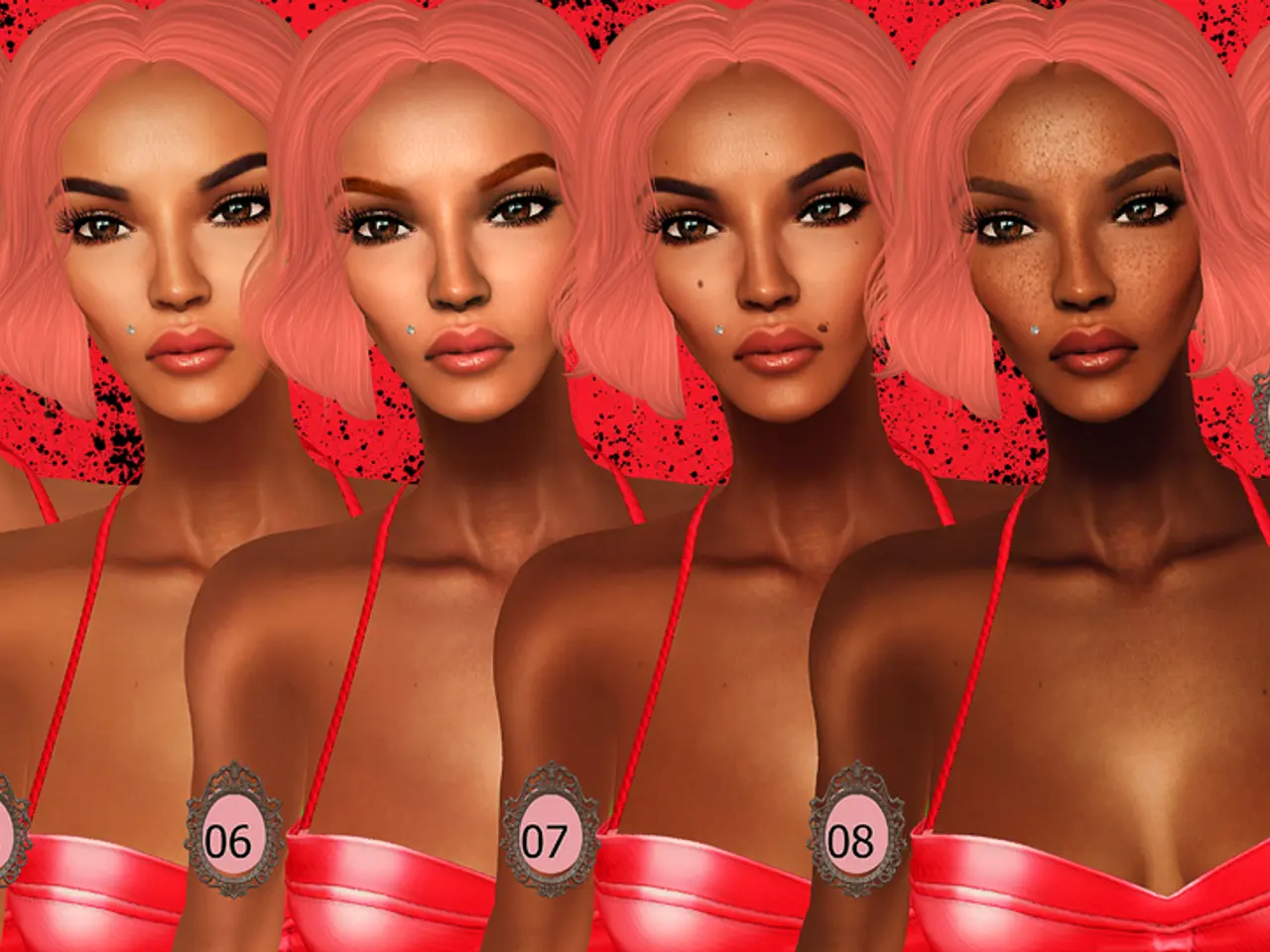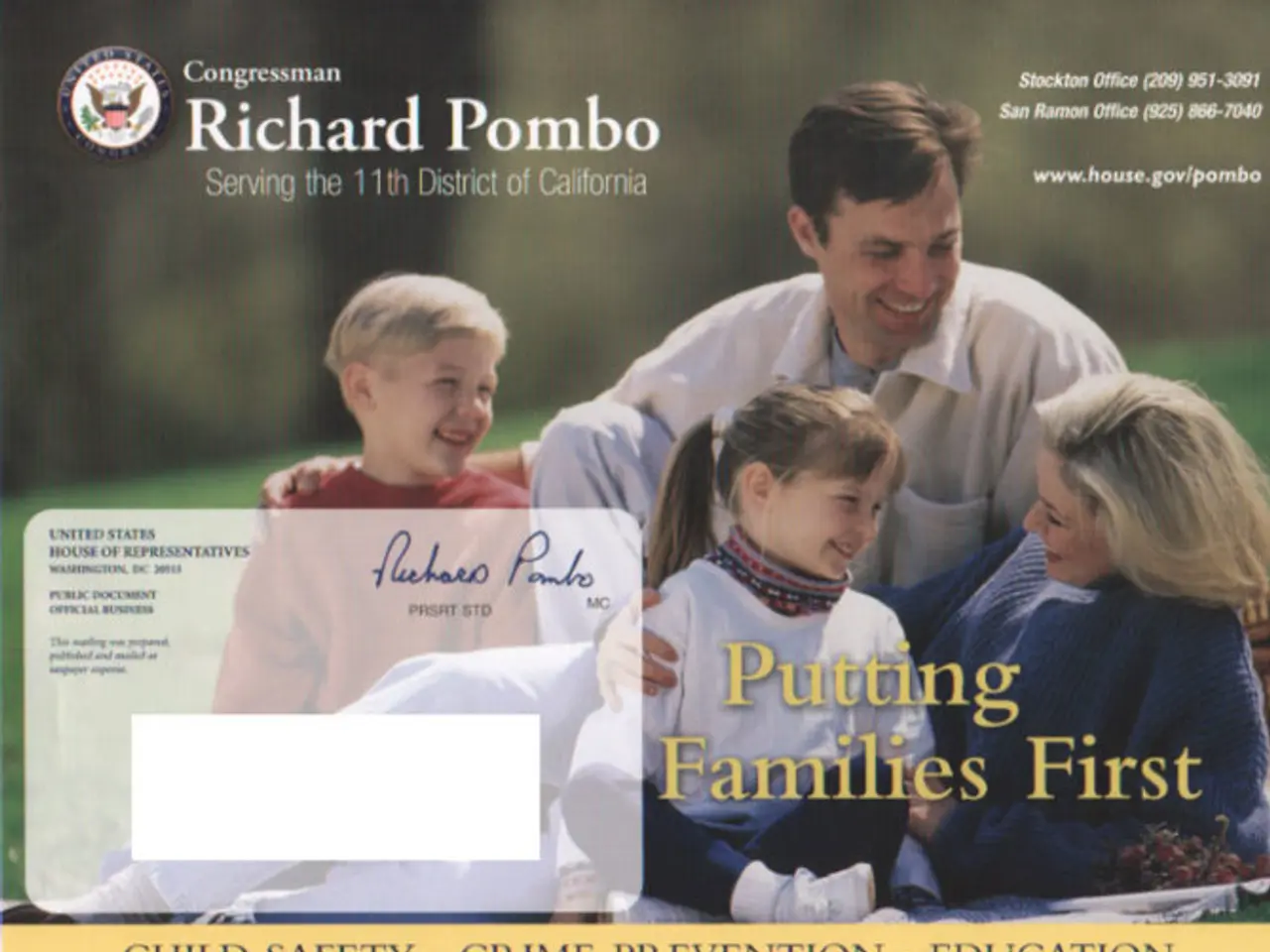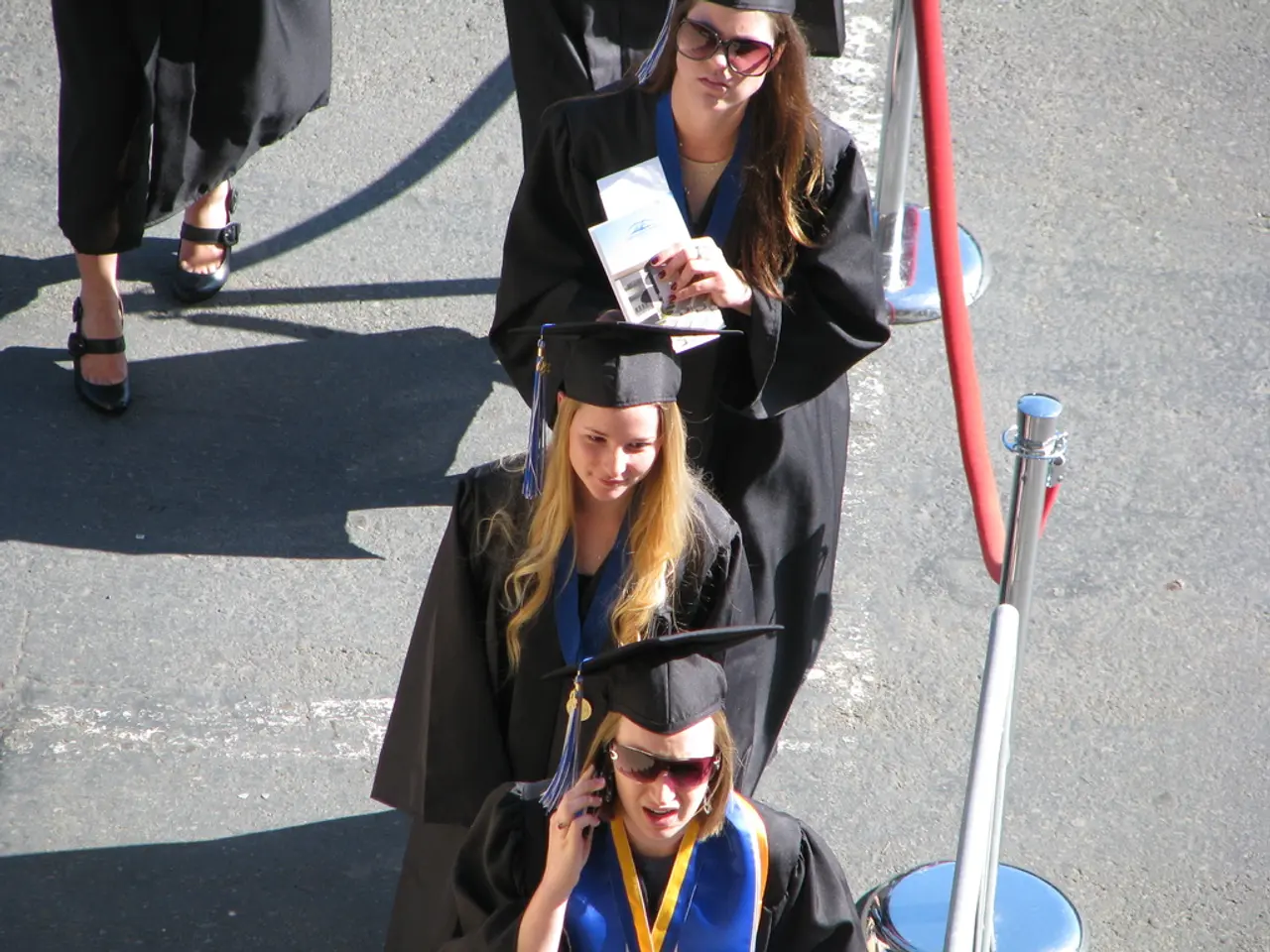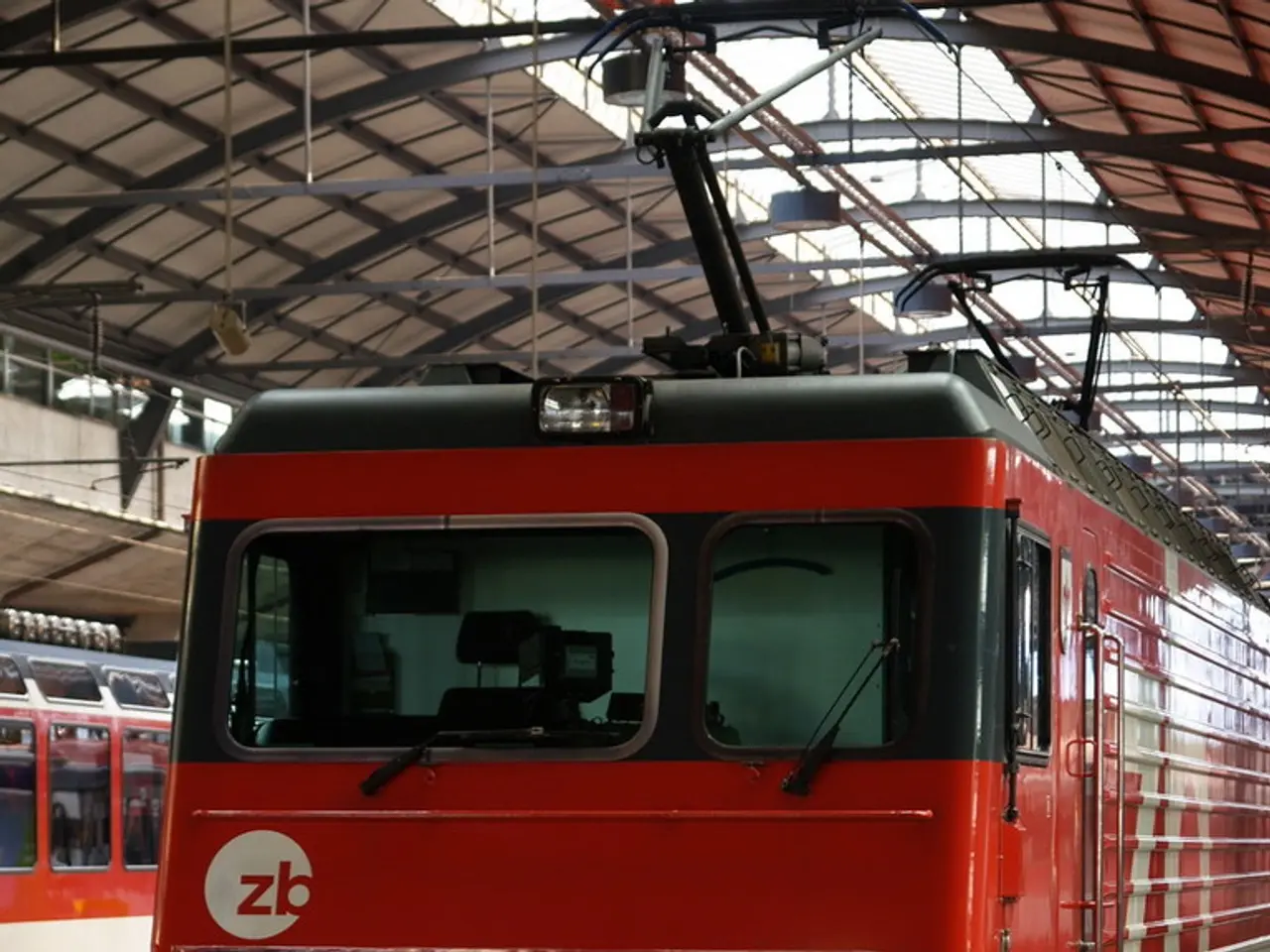Nigerian Investment of Two Million Dollars in Animation Sector
Nigeria's Magic Carpet Studios, a hub for creativity and innovation, is nearing the completion of its highly-anticipated animation project - an adaptation of Cyprian Ekwensi's classic novel, "The Passport of Mallam Ilia." The film, which began production in 2018, is set to hit the screens in April 2026.
The project, a $2 million endeavour, has been in production for about 7 years, involving the creation of an astounding 173,000 drawings. The story unfolds across Nigeria, Cameroon, and Saudi Arabia, making it a unique offering in African animation, with its rich cultural and adventure elements.
Ferdinand “Ferdy” Adimefe, the producer and co-founder of Magic Carpet Studios, was inspired to bring this novel to life from a long-held passion for the story. Adimefe assembled a team from scratch for the project, including many illustrators and animators who were either trained internally or came on board through recommendations.
The script for the animation was developed over eight months, including a month in Kano for historical accuracy. The team collaborated globally with teams from South Africa, India, the UK, and US on different aspects of production. Some students from Yaba College of Technology also joined Adimefe's team to help institutionalize animation training and increase the number of talents.
The animatics process lasted from 2021 to 2022, with the team drawing every single frame. Magic Carpet Studios faced challenges in fundraising, eventually raising about $1.4 million, partly through reinvesting earnings from commercial projects. The team required an additional $500,000 for post-production and marketing, but faced difficulties in securing a distribution deal.
To help raise the remaining funds, the team turned to crowdfunding, reaching 40% of their $500,000 goal on WeFunder. The animation project has spent between $30,000-$50,000 on software licenses, including Toon Boom.
The team has received a letter of intent from a major European distribution company and is experiencing rising festival interest. A U.S. agent is handling international outreach for distribution, with hopes of distribution through Blue Picture or streaming on Netflix.
The animation project is currently in the "cleanups" stage, a crucial part of the production process. With a two-hour feature 2D animation at 24 frames per second (24fps), this stage involves fine-tuning and polishing each drawing to ensure the highest quality.
The animation film adaptation of "The Passport of Mallam Ilia" promises to be a groundbreaking addition to African animation, introducing African culture and music to a global audience. The film's musical score will feature collaborations with Nigerian music talents like Tems, Tiwa Savage, Cobhams, and 121Selah, adding an extra layer of authenticity and appeal.
Audience anticipation is high; a 2024 Netflix poll showed that 95% of respondents wanted to see "Mallam Ilia" adapted into a film. With the film currently nearing completion, fans of the novel and animation enthusiasts alike are eagerly awaiting its April 2026 release.
[1] Magic Carpet Studios' "The Passport of Mallam Ilia" Animation Nears Completion, Targeting April 2026 Release - [Link] [2] The Passport of Mallam Ilia Animation: A Journey of 7 Years and 173,000 Drawings - [Link] [3] The Adaptation of Cyprian Ekwensi's "The Passport of Mallam Ilia" into an Animation Film - [Link] [4] 95% of Netflix Respondents Want to See "The Passport of Mallam Ilia" Adapted into a Film - [Link]
- The $2 million animation project by Nigeria's Magic Carpet Studios, based on Cyprian Ekwensi's novel "The Passport of Mallam Ilia," is nearing completion and is set to be released in April 2026.
- The animation film, spanning across Nigeria, Cameroon, and Saudi Arabia, is unique in African animation due to its rich cultural and adventure elements.
- Ferdinand "Ferdy" Adimefe, the project's producer and co-founder, assembled a team of illustrators and animators for this endeavor, some of whom were trained internally or recruited through recommendations.
- Involving 173,000 drawings and taking about 7 years to produce, the project sought funding for its $2 million budget, encountering challenges but eventually securing approximately $1.4 million, partly through reinvested earnings from commercial projects.
- For additional funding, the team turned to crowdfunding, reaching 40% of their $500,000 goal on WeFunder and spending between $30,000-$50,000 on software licenses like Toon Boom.
- With a musical score featuring collaborations from Nigerian artists such as Tems, Tiwa Savage, Cobhams, and 121Selah, the animation film promises to introduce African culture and music to a global audience.




